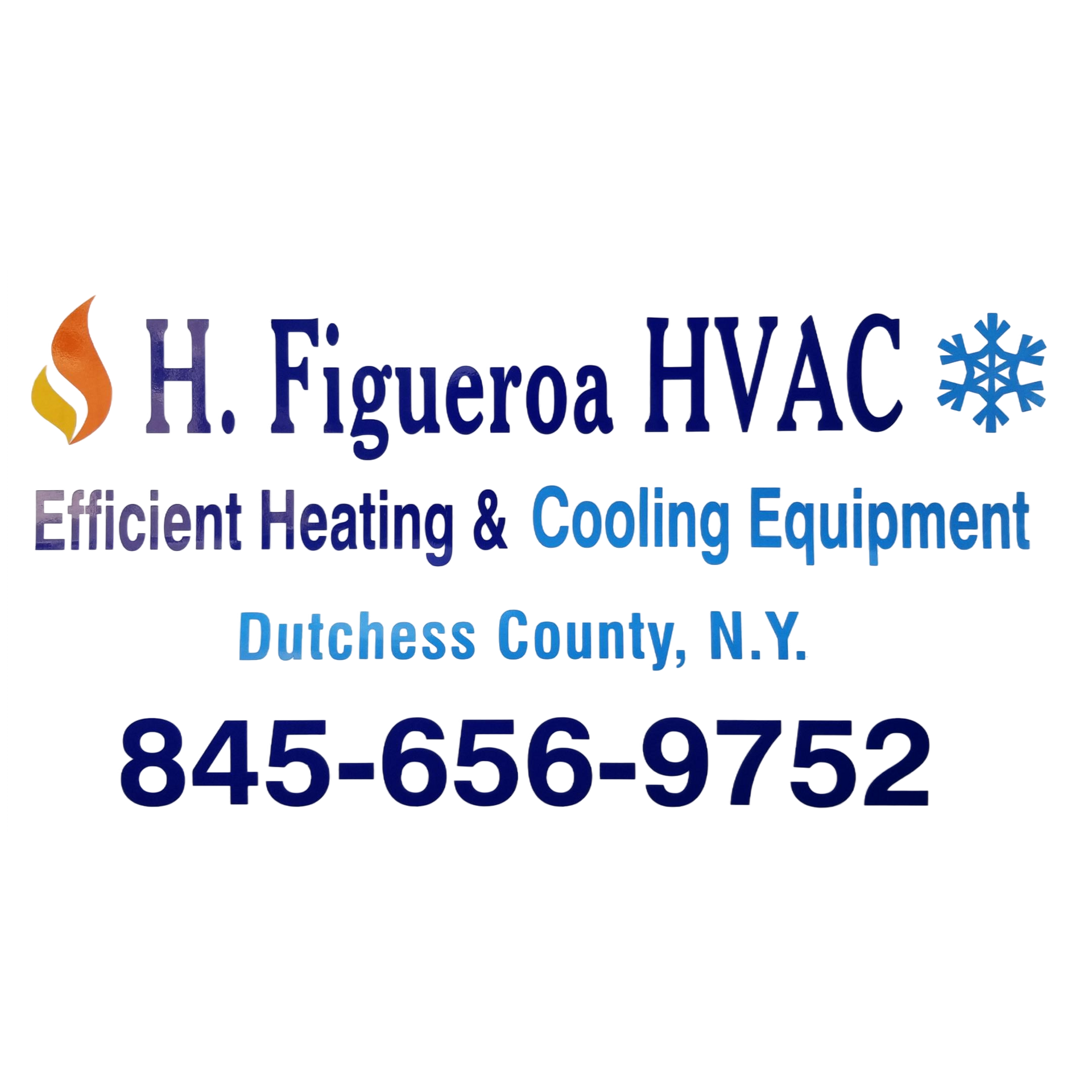Heating Maintenance
Heating Maintenance Services in Poughkeepsie, NY
Even the most high-quality heating unit is susceptible to wear and tear as time goes on. Issues such as dirty filters, component deterioration, mold growth, loose connections, and leaks can impact all heating systems, regardless of their quality, brand, or capacity.
During an HVAC system tune-up, our team of experienced professionals will thoroughly examine your HVAC unit and address any potential issues. Failing to maintain your system on a regular basis can lead to several consequences, including:
- Unexpected and frequent component failures that may require heating repair services
- Decreased efficiency of your unit, resulting in higher energy costs
- Shortened lifespan of your heating system, potentially necessitating a premature and costly replacement
The costs associated with repairs, energy inefficiency, and premature replacements can far exceed the expenses of a routine tune-up. Therefore, making general heating maintenance a priority should be a key element of your cost-saving strategy.
How Often Should Your Heating Be Maintenanced?
It is recommended to schedule heating maintenance annually, preferably in the fall, along with bi-annual ductwork inspection and cleaning. Filters should be replaced every 2-3 months. For air conditioning systems, separate servicing is necessary in the spring. Our top-tier air conditioning services can efficiently cater to your needs.
Signs Your Home Heating System Needs a Tune-up Service
Regular tune-up services for your residential HVAC (Heating, Ventilation, and Air Conditioning) system are crucial for maintaining its optimal performance, energy efficiency, and longevity over time. By scheduling routine maintenance, you can prevent potential breakdowns, save on energy costs, and extend the lifespan of your system. Here are some common signs that indicate your HVAC system may be in need of a tune-up service:
Poor Airflow: If you notice weak or insufficient airflow from your vents, it could indicate issues such as clogged air filters, blocked ducts, or problems with the blower motor. A tune-up can include cleaning or replacing filters, inspecting ductwork, and lubricating moving parts to improve airflow.
Inconsistent Temperatures: If certain rooms in your home are consistently warmer or cooler than others, it could indicate airflow or distribution issues within your HVAC system. A tune-up can help identify and address these issues to ensure more consistent heating and cooling throughout your home.
Increased Energy Bills: A sudden spike in your energy bills without a corresponding increase in usage could indicate that your HVAC system is operating inefficiently. A tune-up can improve energy efficiency by cleaning components, checking for leaks, and ensuring proper calibration of thermostats and controls.
Unusual Noises: Strange noises coming from your HVAC system, such as banging, rattling, squealing, or grinding sounds, could indicate underlying issues with components such as the blower motor, fan, or compressor. A tune-up can help identify and resolve these issues before they escalate into more significant problems.
Foul Odors: Unpleasant odors emanating from your vents, such as musty or burning smells, could indicate issues such as mold, mildew, or overheating components within your HVAC system. A tune-up can include cleaning and sanitizing components to eliminate odors and improve indoor air quality.
Short Cycling: If your HVAC system turns on and off frequently, known as short cycling, it could be a sign of an underlying issue such as a malfunctioning thermostat, dirty filters, or refrigerant leaks. A tune-up can address these issues and help your system operate more efficiently.
Visible Dust or Debris: If you notice excessive dust or debris buildup around your vents or on components such as the evaporator coil or blower motor, it could indicate that your HVAC system needs cleaning. A tune-up can include cleaning these components to improve system performance and indoor air quality.
Old Age: If your HVAC system is nearing or exceeding its expected lifespan (typically around 10-15 years for air conditioners and 15-20 years for furnaces), it may benefit from a tune-up to ensure it continues to operate efficiently and reliably. Older systems are more prone to wear and tear and may require more frequent maintenance to keep them running smoothly.
Schedule a Free Estimate!
Fill in the form below and we'll be in touch to tell you as soon as possible for your HVAC needs.
Contact Us
We will get back to you as soon as possible
Please try again later







